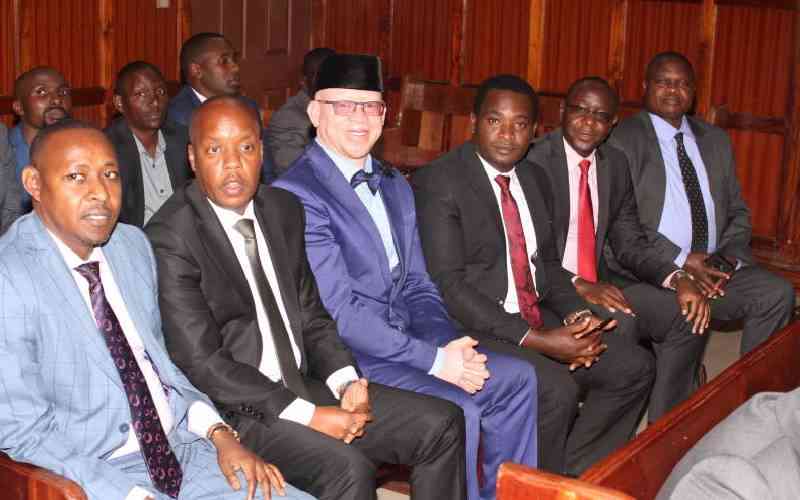×
The Standard e-Paper
Stay Informed, Even Offline

With cases being filed rapidly against his Kenya Kwanza administration, President William Ruto's government is expected to have a busy period in the courts as the opposition also continues mounting civil protests against his governance.
The cases - filed by politicians, civil society groups such as the Katiba Institute and backed by professional bodies among them the Law Society of Kenya (LSK) - have rattled the president's supporters.